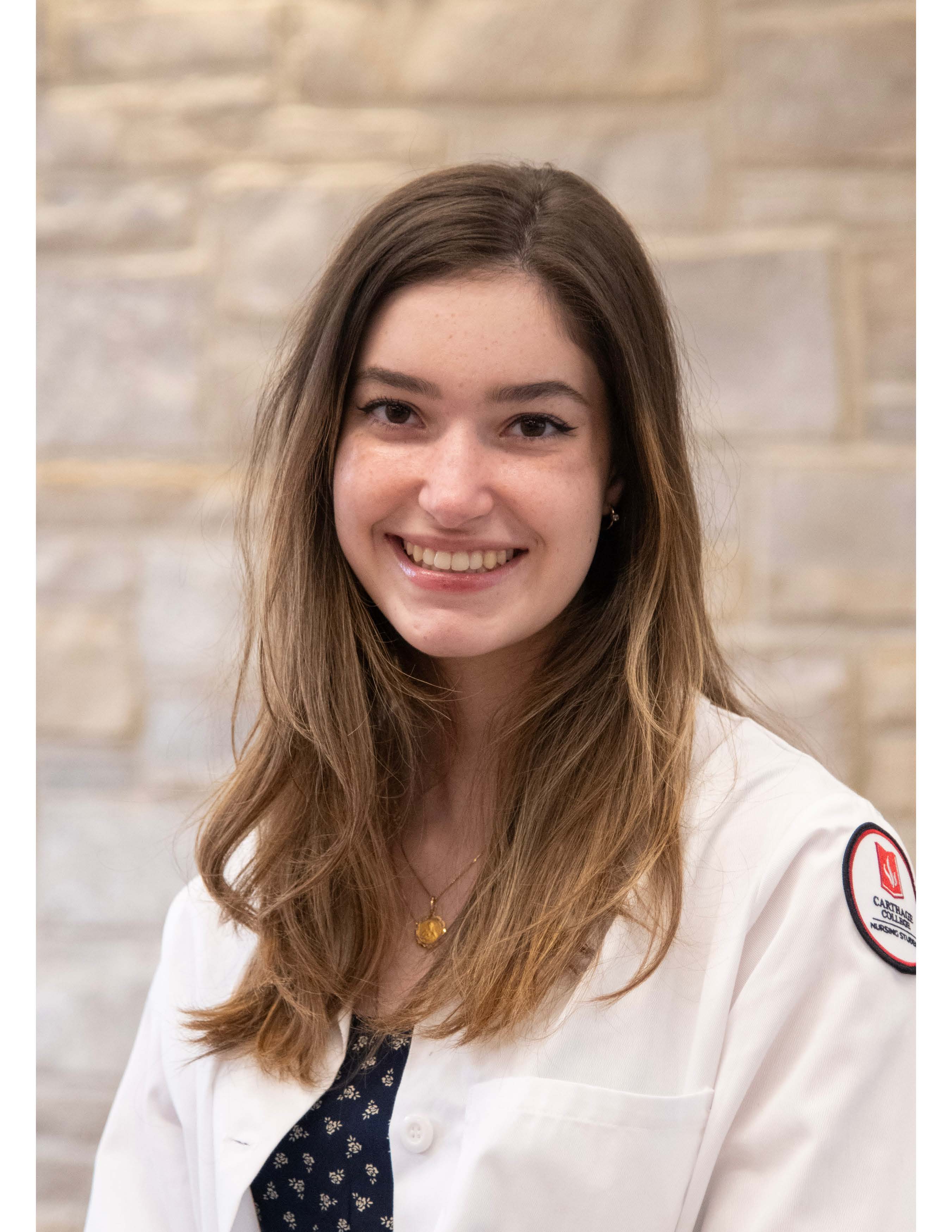Celebration of Scholars
#46: Spiritual Care of Adults with Cancer: A Concept Analysis
 Name:
Marlena Moore
Name:
Marlena Moore
Major: Nursing
Hometown: Kenosha
Faculty Sponsor:
Other Sponsors:
Type of research: SURE
Abstract
A diagnosis of cancer alters the physical, psychological, social, and spiritual dimensions of life. Spiritual health is often at the core of a patient’s existence and affects, connects, and transcends all aspects of one’s being. Spiritual care involves interactions to support the spirituality of patients and their families through purposeful monitoring and compassionate responses to spiritual needs, with the goal of assisting patients and their families to find greater meaning, hope, and peace. Spiritual care is an essential aspect of holistic nursing. Foundational work to delineate the concept of spiritual care of adults with cancer has not yet been completed in the nursing discipline. To address this knowledge gap, the components of spiritual care for adults with cancer will be defined through a comprehensive review of published literature.The purpose of this concept analysis is to make explicit the antecedents, attributes, and consequences of spiritual care of adults with cancer. In doing so, nurses may better implement the concept in their clinical practice, leading them to provide more effective spiritual care, and educators may provide spiritual care instruction in nursing education. Rodgers’ method of evolutionary concept analysis guided the literature review process. Perspectives across nursing, medicine, and theology disciplines were collected in a database search. The analysis identified five attributes of spiritual care of adults with cancer: finding meaning and purpose; fostering hope; strengthening faith; nurturing supportive relationships, and attaining a positive mindset. Antecedents include spiritual distress and existential suffering. Consequences include feeling loved, discovering inner peace, learning to cope, overcoming anxiety, and improving their quality of life. Nursing knowledge will be augmented by bringing an abstract concept to practical applicability. Nurses may be better able to improve the quality of life of adults with cancer, and help them cope more effectively, overcome anxiety, and discover inner peace.Submit date: March 21, 2024, 5:05 p.m.
